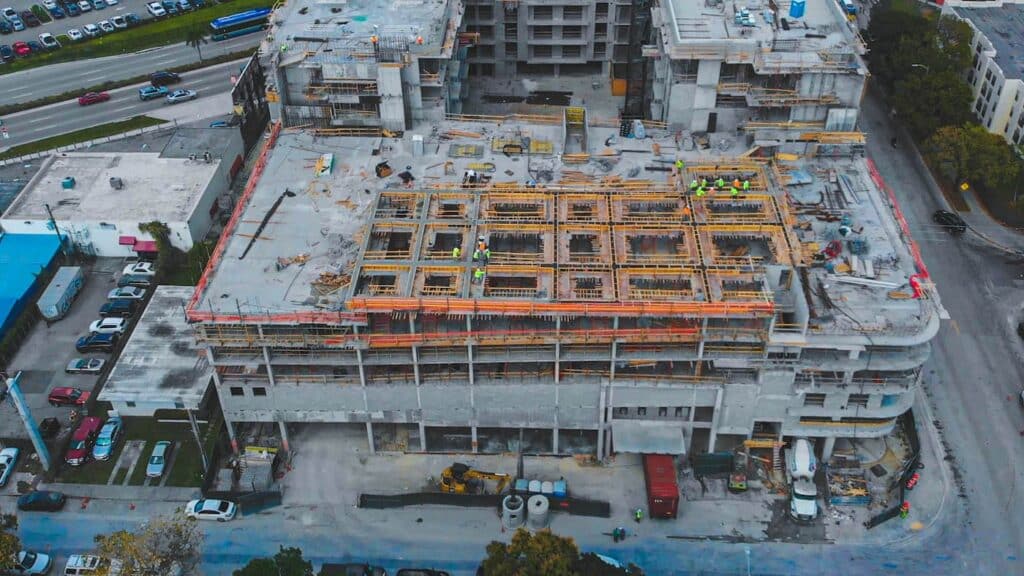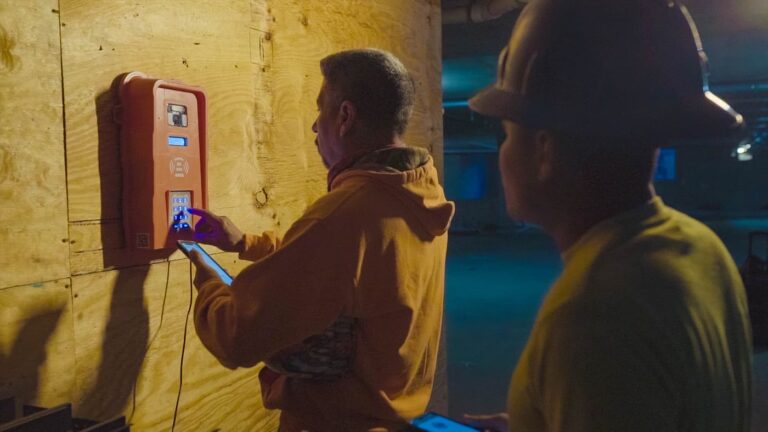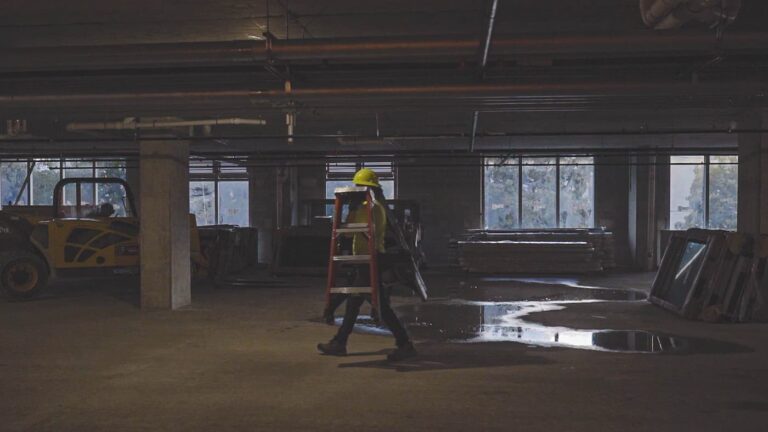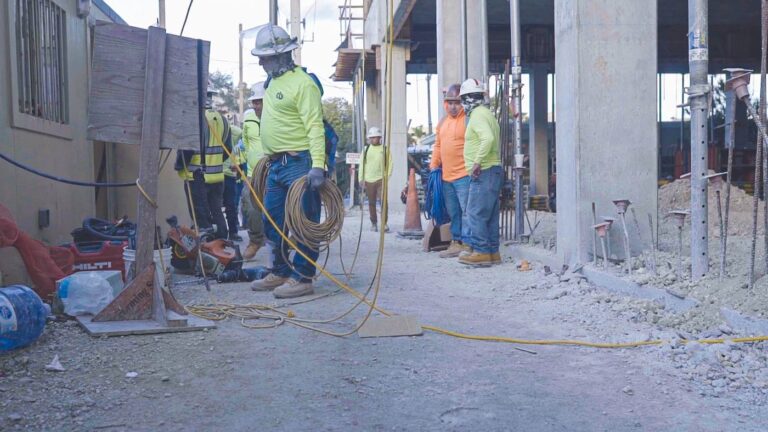Consider a recent project at a public school where a lack of transparency led to significant setbacks. The contractor, unaware of crucial design changes that were communicated informally, constructed walls based on outdated plans, causing the project to fall weeks behind schedule. Unfortunately, these kinds of slip-ups are all too common in construction. In fact, a PMI study found that one-third of construction project failures occur due to poor communication.
Securing construction procurement—especially in the public sector—demands attention to detail. Every phase hinges on transparent communication. Without it, misunderstandings can arise, which can lead to costly delays and a compromised budget. When all stakeholders are kept in the loop from the outset, it minimises risks and fosters collaboration, ensuring that every decision is aligned with the project’s goals.
In an industry where every detail matters, transparency is not just beneficial—it’s essential for the success of your project. The topic can be easy to ignore, but understanding the negative impact of a lack of confidence and transparency on our construction projects as a whole can help us understand why it is important to make changes.
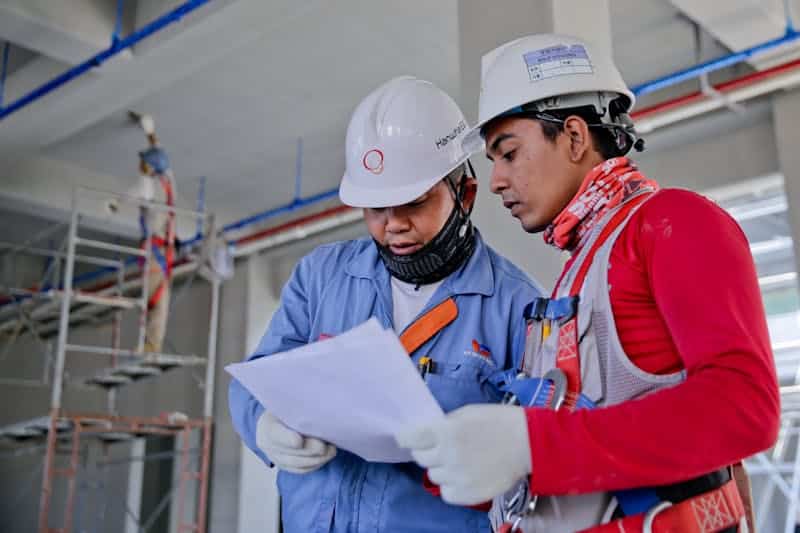
Let’s look into the importance of construction site transparency and how we can achieve it.
Why Is It Important To Maintain Transparency in Construction Projects
In typical construction projects, transparency is often lacking, leading to unclear status updates and confusion about roles and responsibilities. When those involved are uncertain about what needs to be done at any given time, the result is on-site chaos, quality issues, and rework. This could mean subcontractors arriving on-site before they’re needed, walls being sealed up before essential installations like wiring have taken place, and ultimately, projects running over schedule and exceeding budgets.
Plus, achieving the “Golden Thread” requirement, as outlined by the Building Safety Act, becomes impossible without clear construction site transparency. The “Golden Thread” refers to having a single, accurate record of all work completed, detailing the standards met and verified by all parties involved. This unified documentation serves as a cornerstone of safety and quality assurance.
For organizations, implementing more transparent communication is essential if they hope to meet these new compliance standards. This means integrating technology to maintain a digital log of all project activities from inception through completion, thereby ensuring a traceable, real-time record of progress and quality control.
In terms of trust, the construction industry has a well-documented history of strained relationships. Project owners often lack confidence that general contractors will deliver on promises, project managers question whether unreported issues are left out due to negligence or lack of awareness, and subcontractors are frequently left uncertain about when they will receive payment for their work.
The lack of transparency and trust is a significant contributor to the high volume of claims and disputes in the industry, which routinely erode profits. With tight margins and rising costs, these disputes place additional stress on all parties involved, creating a cycle of mistrust where each tries to protect their own interests.
One of the biggest consequences stemming from a lack of trust and construction site transparency is waste. Inefficiencies arise due to faulty reporting, broken processes, stakeholder dependencies, project delays, duplicate efforts, manual inspections, and delayed payments.
Waste is at the core of many issues plaguing the industry, and the absence of trust and transparency is a primary driving factor. Without a reliable, shared source of information showing all parties what has been completed and what remains, waste quickly accumulates, and projects suffer.
Take Back Control of Your Time Keeping
5 Best Practices To Improve Construction Site Transparency
Overcoming the risks and challenges in construction project management is achievable. By leveraging these four key software features, you can manage projects more effectively, ensuring a smoother, less stressful workflow.

1. Capture Vital Field Data to Prevent Problems Early
Construction projects are complex, with numerous moving parts, making it inevitable that issues will arise. To address these problems effectively, each team member requires detailed information on what went wrong, who is responsible, and the role each person plays in finding a solution. Accurate field data helps teams understand the situation in real-time, allowing them to respond proactively and avoid setbacks.
Unforeseen problems are present in construction, so risk management must start with thorough planning. Having reliable field data and a system for timely issue reporting ensures problems are addressed before they escalate, avoiding delays and cost overruns. This approach is evermore essential in powering your construction data collection and leading to advancements such as AI in the industry.
2. Maintain a Single Source of Truth for Accurate Project Information
Accurate documentation and a unified information source are essential for keeping projects on track. Without consistent data, billing based on progress, expenses, or production becomes a challenge, which potentially results in payment delays, disputes, or mistrust. Maintaining a single, up-to-date source of information ensures that all stakeholders have access to the correct data at any time.
For instance, discovering a discrepancy with plumbing risers during a site walk just before the concrete pour can cause significant scheduling conflicts. A communication tool that provides real-time data eliminates such risks, enabling the team to stay productive without wasting time searching for accurate information.
3. Track Accountability to Minimize Delays and Rework
Effective project management demands accountability from all involved in delivering a project that meets design and quality standards. Delays often occur when material requests and submittals are not processed quickly, leading to schedule overruns or rework to address the use of subpar materials. When clear accountability for approvals and submissions is lacking, the project can quickly fall behind schedule.
Your project management system should consolidate RFIs, submittals, reports, and reminders in one place, streamlining the approval process. This minimizes the likelihood of conflicts or material substitutions and ultimately builds trust among employees, allowing work to proceed without unnecessary interruptions.
4. Keep Up with Real-Time Updates and Data
To keep your construction projects on track, it is important to access even the most recent information. The best way to achieve this is via a centralized information system, which could be a plus if it is equipped with real-time updates. As field teams often face unexpected challenges due to changing conditions or evolving project requirements, it can significantly impact schedules and budgets.
On top of that, design changes are fairly common in construction, often requiring adjustments that can disrupt planned activities. These modifications may result in rework or additional costs if not managed properly. If you wish to stay ahead of such changes, digital tools can provide real-time updates via mobile devices to make sure the team remains informed and can respond swiftly.
5. Utilize Time-Tracking Software to Boost Productivity
Time management is the foremost important rule of successful execution. Time-tracking software, like SmartBarrel, can be a great help to you here. It helps project managers identify productivity bottlenecks, assess labor costs, and make sure that resources are used efficiently. Teams can better allocate their time and effort with the ability to track employee hours and task completion.
Final Thoughts
In the end, improving transparency on construction sites isn’t just desirable; it’s a must for building trust and keeping projects on track. When everyone involved can share accurate information and updates, managing the complexities of construction is a whole lot smoother. By focusing on clear communication and real-time data, you can cut down on confusion and costly delays.
Looking to improve efficiency in your construction projects? Improve your project management capabilities with SmartBarrel’s time-tracking and scheduling features. Schedule a demonstration of SmartBarrel’s time-tracking system today and discover how we can help transform your workforce management. Click here to book your demo now!

